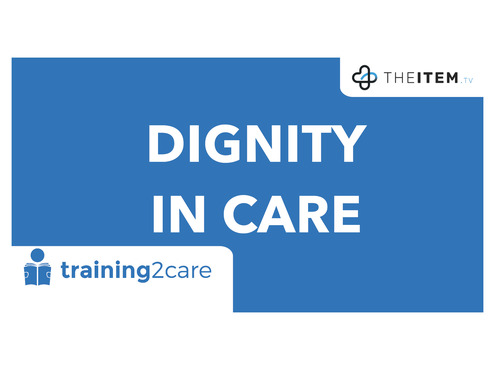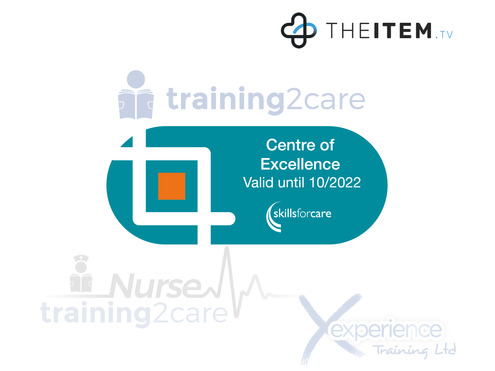Dignity in Care
Course Title: Dignity in Care
Course length 2-3 hours (depending on number of delegates)
Maximum number to attend 15
(Webinar 2 hours)
This course is aimed at all staff in health and social care.
At the end of the training session, there is a short written assessment to evidence the learning of the attendees.
Learning Outcome | Assessment Criteria |
Introduction Dignity in Care | Describe what is meant by privacy and dignity. (7.1a) Explain the key features of national and local framework related to dignity in care |
The Principles of the Dignity Challenge | Understand why the implementation of the Dignity Challenge was important List the 10 key Dignity DOs outlined in the Dignity Challenge. Describe how to maintain privacy and dignity in the work setting. (7.1c) |
Barriers to promoting Dignity | List situations where an individuals privacy and dignity could be compromised. (7.1b) List factors which promote and drive dignity and choice and influence others. Demonstrate how to support individuals to build confidence and self-esteem. Describe why there may be times when they need to support an individual to question or challenge decisions made about them by others (7.3d) |
How to build and grow a supportive environment | Explain the importance of good leadership skills related to dignity in care Demonstrate practical examples of promoting dignity and respect Know what to do to become a Dignity Champion. Explain why it is important not to disclose anything about the individual, unless it is appropriate to do so. (7.2c) Describe ways of helping individuals make informed choices. (7.3a) Explain how risk assessment processes can be used to support the right of individuals to make their own decisions. (7.3b) Explain why personal views must not influence an individuals own choices and decisions. (7.3c) Describe how valuing people can contribute to active participation. (7.5a) List other ways that they can support active participation (7.5c) Explain how to enable individuals to make informed choices about their lives. (7.5b) Describe the importance of enabling individuals to develop skills in self-care and to maintain their own network of friends within their community. (7.5d) |

 0
0 

